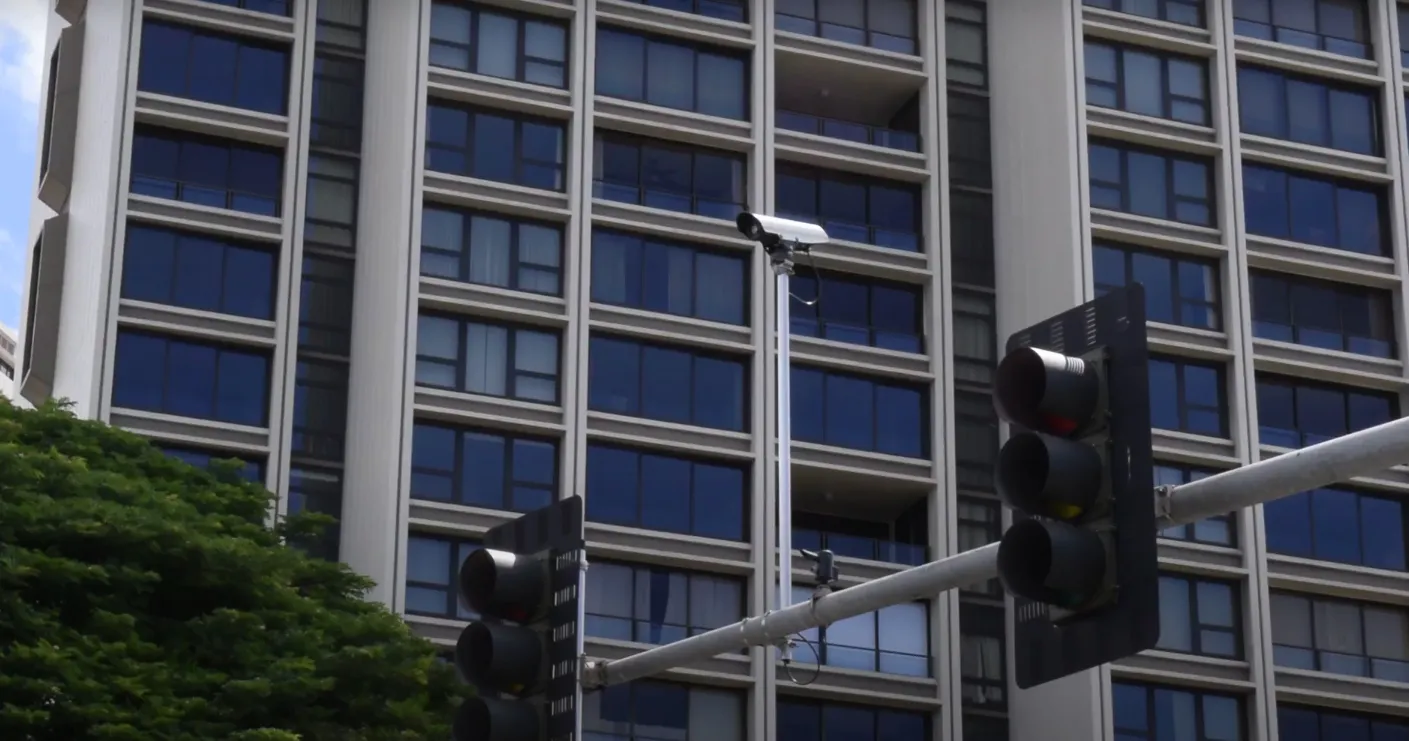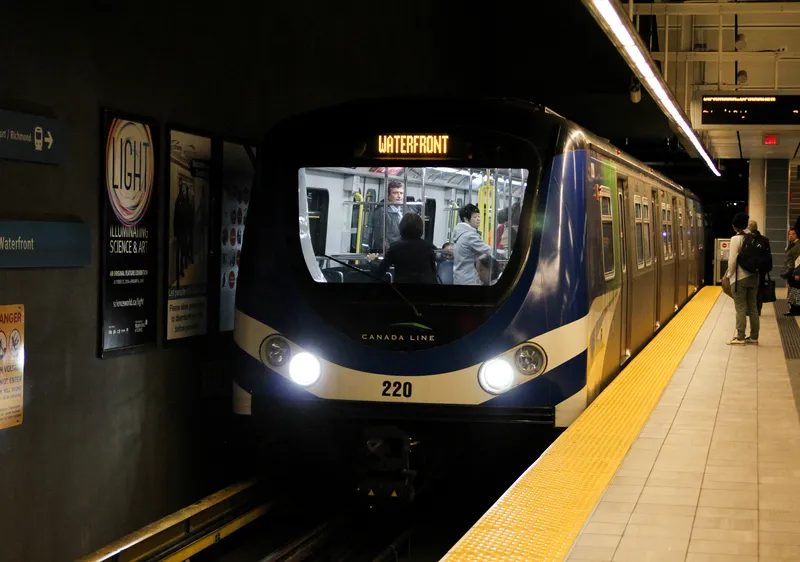The City of Surrey in Vancouver, British Columbia has released its ‘Smart Surrey Strategy’ which will serve as a guide for how technology and innovation are considered in decisions made for existing and future City plans, programs and infrastructure.
The Smart Surrey Strategy comprises numerous current and future initiatives including the City’s state-of-the-art traffic management centre, an innovation boulevard, the district energy program, and plans for the City to operate the only fully-integrated clo
July 9, 2014
Read time: 2 mins
The City of Surrey in Vancouver, British Columbia has released its ‘Smart Surrey Strategy’ which will serve as a guide for how technology and innovation are considered in decisions made for existing and future City plans, programs and infrastructure.
The Smart Surrey Strategy comprises numerous current and future initiatives including the City’s state-of-the-art traffic management centre, an innovation boulevard, the district energy program, and plans for the City to operate the only fully-integrated closed-loop waste management system in North America.
Traffic congestion is a problem in British Columbia’s second-largest city, which is home to the Fraser Surrey Docks, railway lines, two US border crossings and many logistics companies.
The city council is tackling the issue with high-tech solutions as more drivers use the city roads to avoid paying tolls on the new Port Mann Bridge. The traffic management centre, which city staff have described as the most advanced in BC, is expected to increase its 178-camera closed circuit television network to 178 cameras, allowing staff to monitor traffic patterns and adjust signals in real time to reroute traffic around accidents.
The city also plans to expand its traffic signal co-ordination network along 29 corridors each year, while all 340 of its traffic signals will be updated by December 2014 to provide round-the-clock traffic count data every day.
“Several exciting innovative initiatives are already underway in Surrey,” said Councillor Bruce Hayne, Chair of the Innovation and Investment Committee. “A good example is the traffic management centre, which will begin operating in the fall; this system allows adjustments of traffic signals based on real-time traffic flow. It is the most advanced municipal centre of its kind in BC.”
The Smart Surrey Strategy comprises numerous current and future initiatives including the City’s state-of-the-art traffic management centre, an innovation boulevard, the district energy program, and plans for the City to operate the only fully-integrated closed-loop waste management system in North America.
Traffic congestion is a problem in British Columbia’s second-largest city, which is home to the Fraser Surrey Docks, railway lines, two US border crossings and many logistics companies.
The city council is tackling the issue with high-tech solutions as more drivers use the city roads to avoid paying tolls on the new Port Mann Bridge. The traffic management centre, which city staff have described as the most advanced in BC, is expected to increase its 178-camera closed circuit television network to 178 cameras, allowing staff to monitor traffic patterns and adjust signals in real time to reroute traffic around accidents.
The city also plans to expand its traffic signal co-ordination network along 29 corridors each year, while all 340 of its traffic signals will be updated by December 2014 to provide round-the-clock traffic count data every day.
“Several exciting innovative initiatives are already underway in Surrey,” said Councillor Bruce Hayne, Chair of the Innovation and Investment Committee. “A good example is the traffic management centre, which will begin operating in the fall; this system allows adjustments of traffic signals based on real-time traffic flow. It is the most advanced municipal centre of its kind in BC.”









